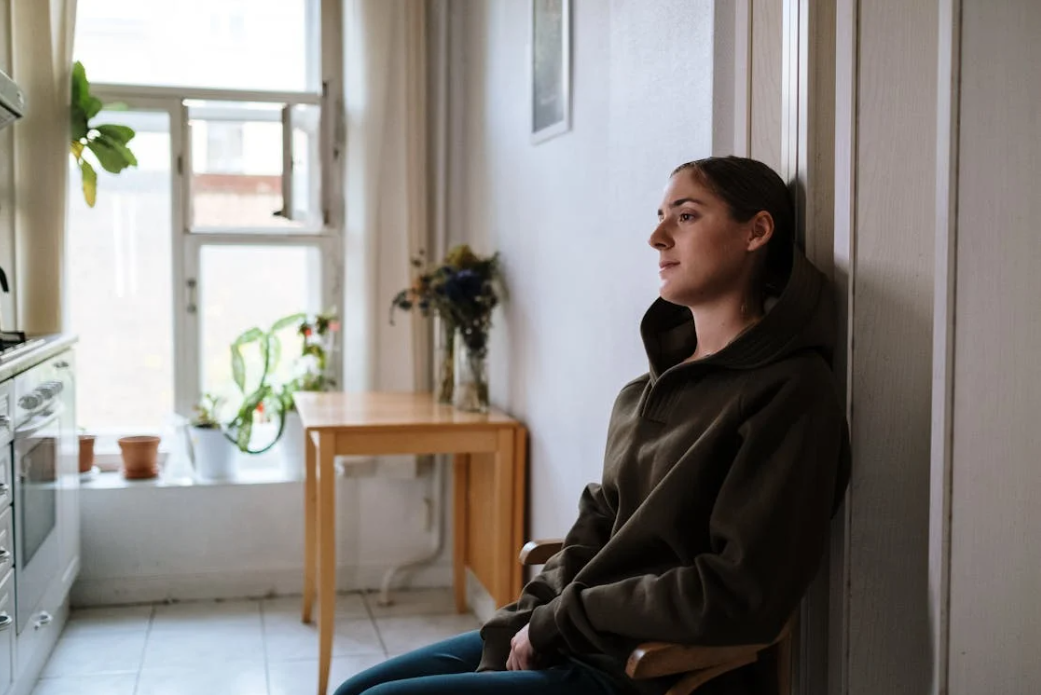Worldwide, neurological disorders such as traumatic brain injury (TBI), stroke, brain tumors, Parkinson’s disease or Huntington’s disease are being expected to become one of the largest cause for global disease burden. For TBI alone, an estimated 69 million individuals suffer this injury each year. Behavioral problems are common in patients with moderate to severe TBI as well as in other neurological disorders. Behavioural problems include not being mindful of personal distance, difficulty keeping up with or ending conversations, not conforming to social rules and poor anger management.
Social cognition needs to be acknowledged as neurocognitive domain
This warrants for timely identification and treatment of these impairments. However, for long social cognition has been an unknown construct and its importance has been neglected. In clinical practice, there was a lack of knowledge regarding to how impairments in social cognition manifest themselves, how they affect everyday life behaviour and in which neurological patient groups they commonly occur. Only recently social cognition has been acknowledged as crucial and full-fledged neurocognitive domain (DSM V, 2013). Prof. Joke Spikman and her group from the University Medical Center Groningen aimed to identify these problems in social cognition in different patient groups, translate them into research topics, and implement the results to create visible spin-off in health care, thus improving lives of patients (and their families) with social cognitive problems as a result of neurological disorder, such as TBI.
A new treatment protocol for impaired social cognition and social behaviour
In close collaboration with specialists in neurology, neurosurgery and rehabilitation, they were able to demonstrate that social cognitive and social behavioural problems are present in various neurological patient groups (TBI, Stroke, SAH, brain tumors, Parkinson’s disease, Huntington’s disease, neurodegenerative disorders), that these interfere with adequate everyday life functioning and negatively impact participation. They developed new, valid neuropsychological tests to assess impairments in social cognition and published a new method to treat these patients, which led to the creation of a multifaceted treatment protocol for impaired social cognition and social behaviour (Westerhof –Evers et al, 2019, social cognition and emotion regulation: a multifaceted treatment (T-ScEmo) for patients with traumatic brain injury. Clinical Rehabilitation 33, 820-833).
The evaluation in patients who sustained traumatic brain injury (TBI), showed that this protocol was very effective in improving social cognition and social behavior. Through collaboration with NIP (Nerderlandse Instituut voor psychologen, joint effort with Prof. C. van Heugten) the group managed to include this protocol in the Dutch National Guideline on Neuropsychological Rehabilitation. They are currently evaluating whether T-ScEmo is also effective for patients with other neurological disorders (grant from Hersenstichting Nederland, DR-2019-00317).
Allowing clinical neuropsychologists to include social cognition as relevant neurocognitive domain in their assessment
Prof. Spikman and her team offer a freely available treatment protocol for social cognitive impairments that is likely to result in improvements in social cognition and behaviour. They present and train neuropsychologists and medical specialists to implement the treatment protocol.
Through these efforts, approximately 80% of clinical neuropsychologists in the Netherlands are familiar with social cognition as neurocognitive domain and know how to assess social cognitive impairments with neuropsychological instruments. A substantial part of these colleagues has been trained in how to give the treatment, resulting in the availability of the social cognition treatment in various (rehabilitation) settings so that it can be offered to patients in need.




